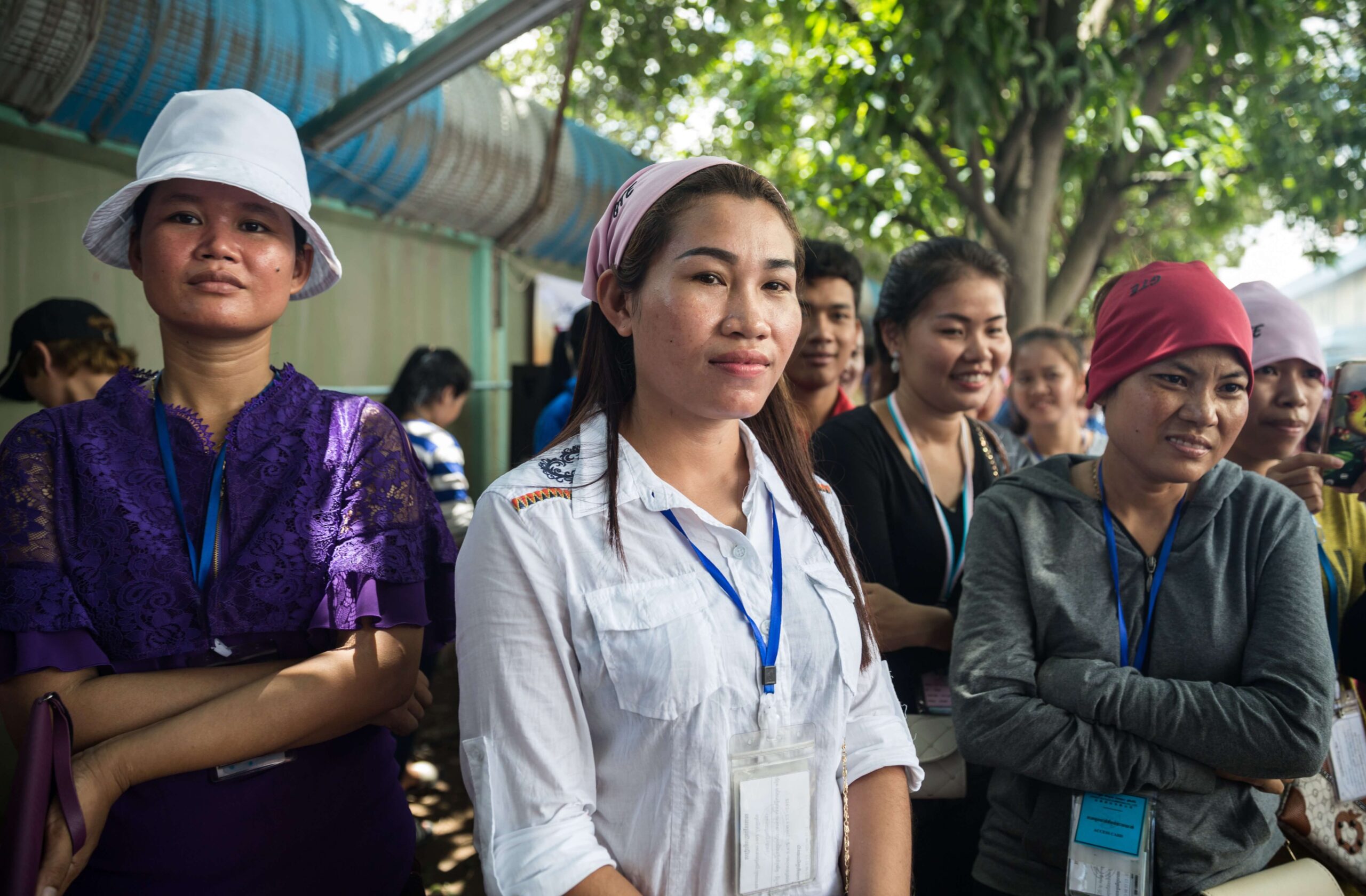
Latest
1 July 2025 | 5 min read
Impact
Annual Review 2024
We’re proud to share our collective impact in MSI’s 2024 Annual Review. Read stories of courage, strategy and grit.
Resource

Explore the latest
Topics
All
Abortion
Adolescents
Contraception
Crisis settings
Digital health
Gender equality
Health systems
Impact
Leave no one behind
Policy and advocacy
Quality
Self-managed health
Types
All
Explainer
News
Opinion
Other
Press release
Research
Resource
SafeAccess
Story
Webinar
Explore the latest
Latest posts
Opinion
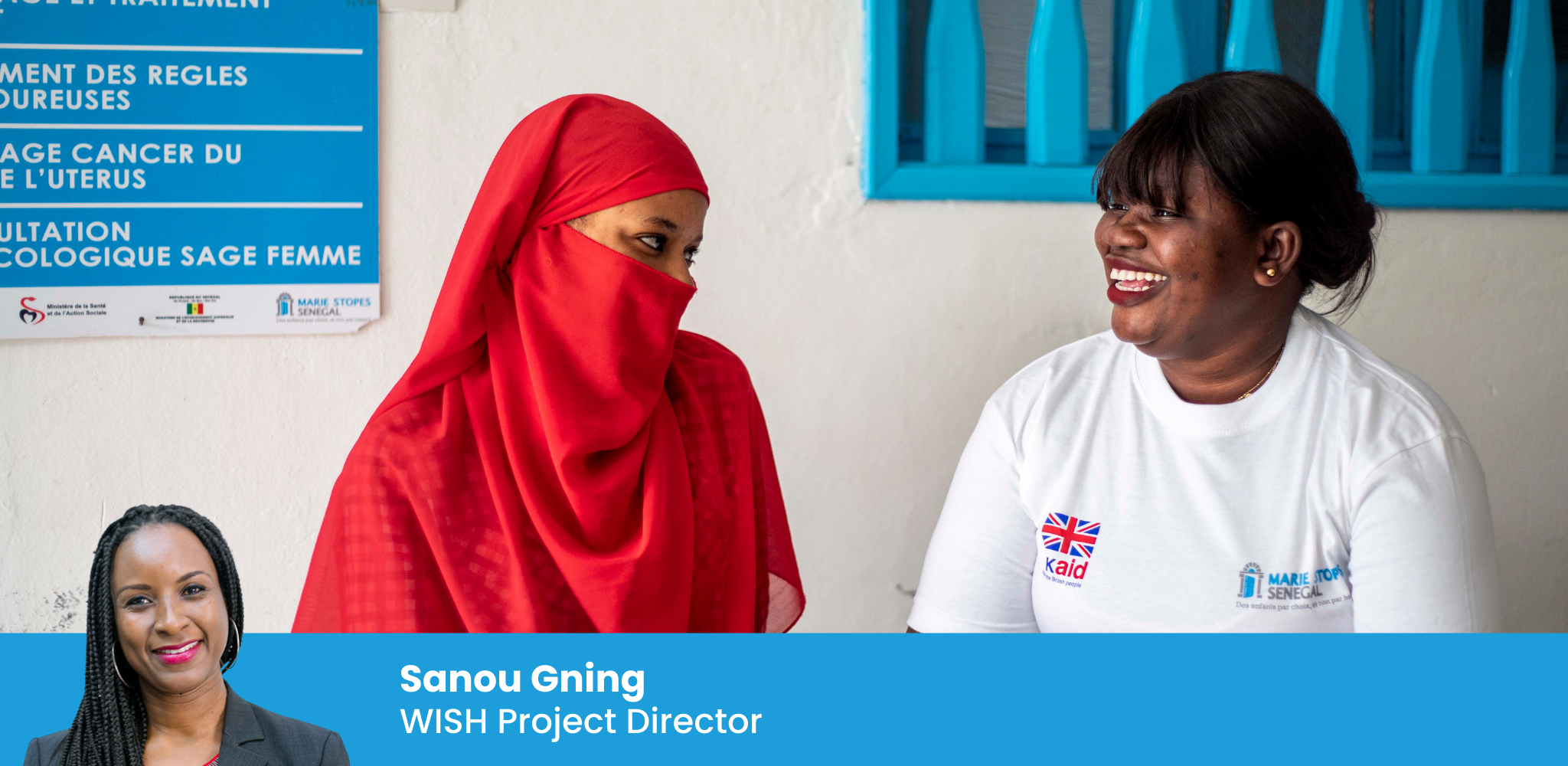
14 July 2025 | 5 min read
ImpactPolicy and advocacy
Securing sustainable change for women: the impact of WISH
WISH is delivering long-term change for women, by equipping governments to provide quality healthcare for years to come. The ...
Story
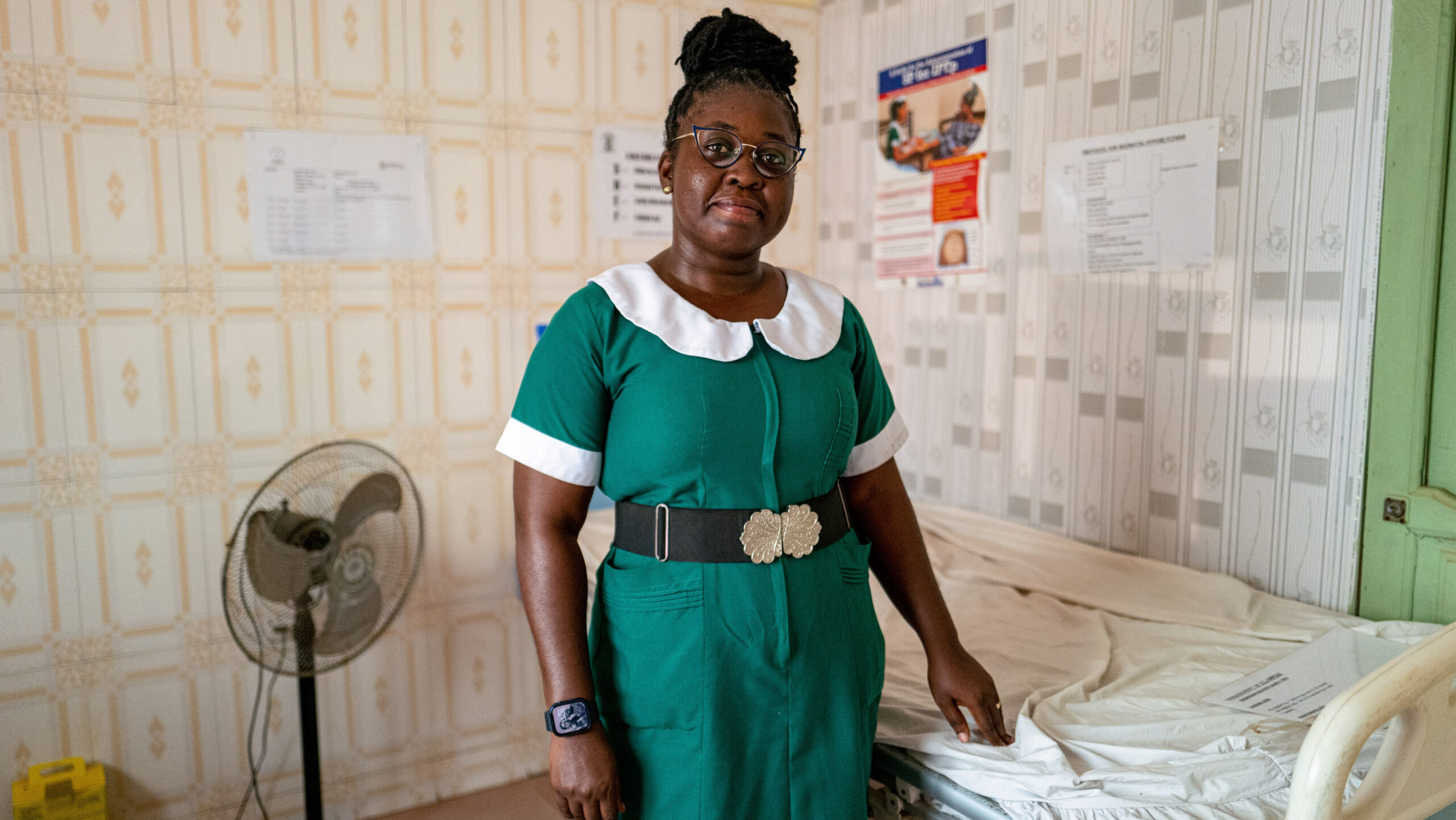
2 July 2025 | 4 min read
AbortionHealth systems
Global voices: A public sector midwife trained by MSI is changing lives
Jennifer is a midwife in the Ghana Health Service trained by MSI to provide quality abortion care and contraceptive choice ...
Story
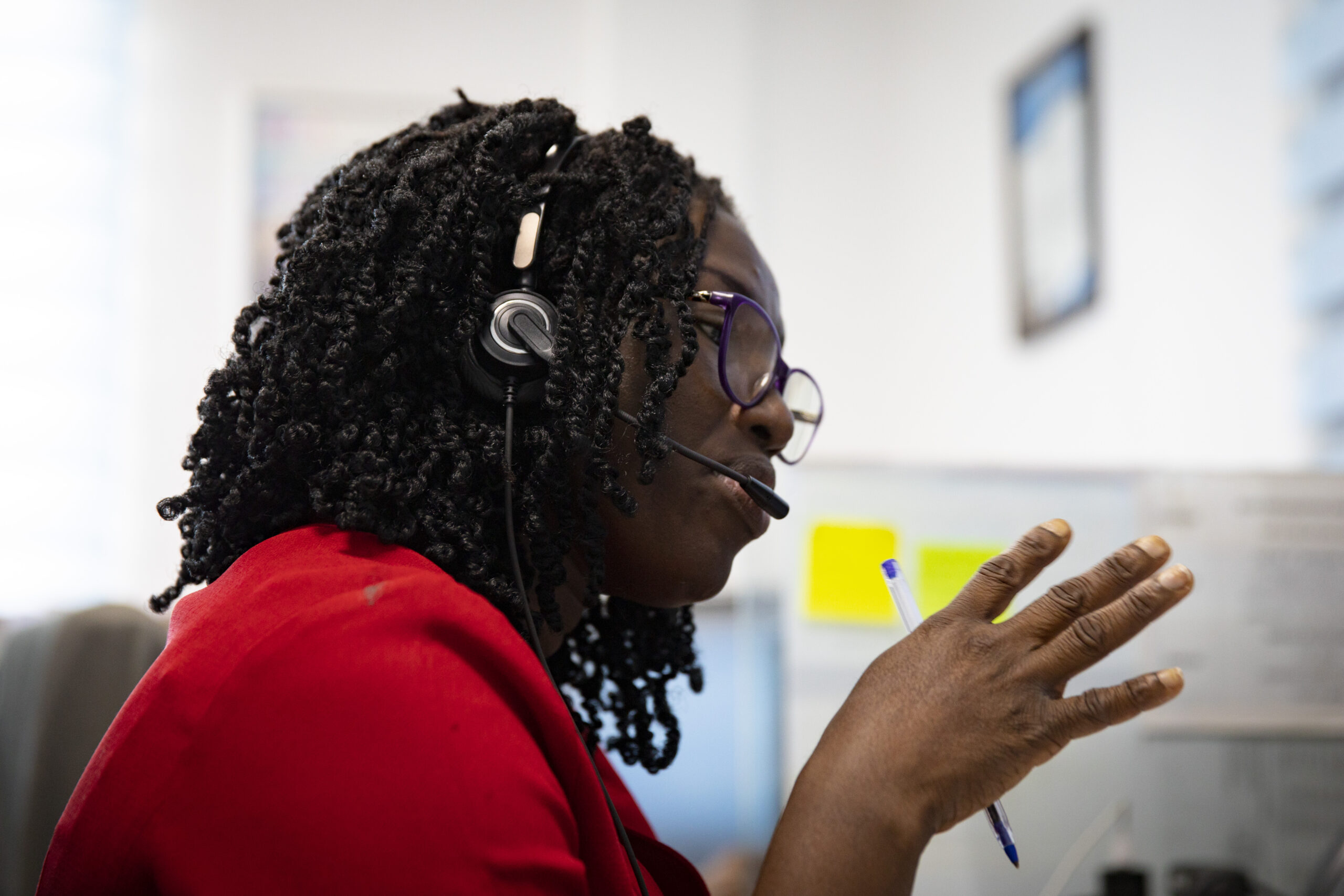
2 July 2025 | 4 min read
Digital healthSelf-managed health
Global voices: Digital healthcare in a modern world
Whitney Chinogwenya, an MSI Marketing Manager based in South Africa, sees the issues and successes of digital healthcare and ...
Story

2 July 2025 | 5 min read
Crisis settingsGender equality
Global voices: Reflections on climate & choice
Three people share perspectives on how the climate crisis intersects with reproductive health.
Story
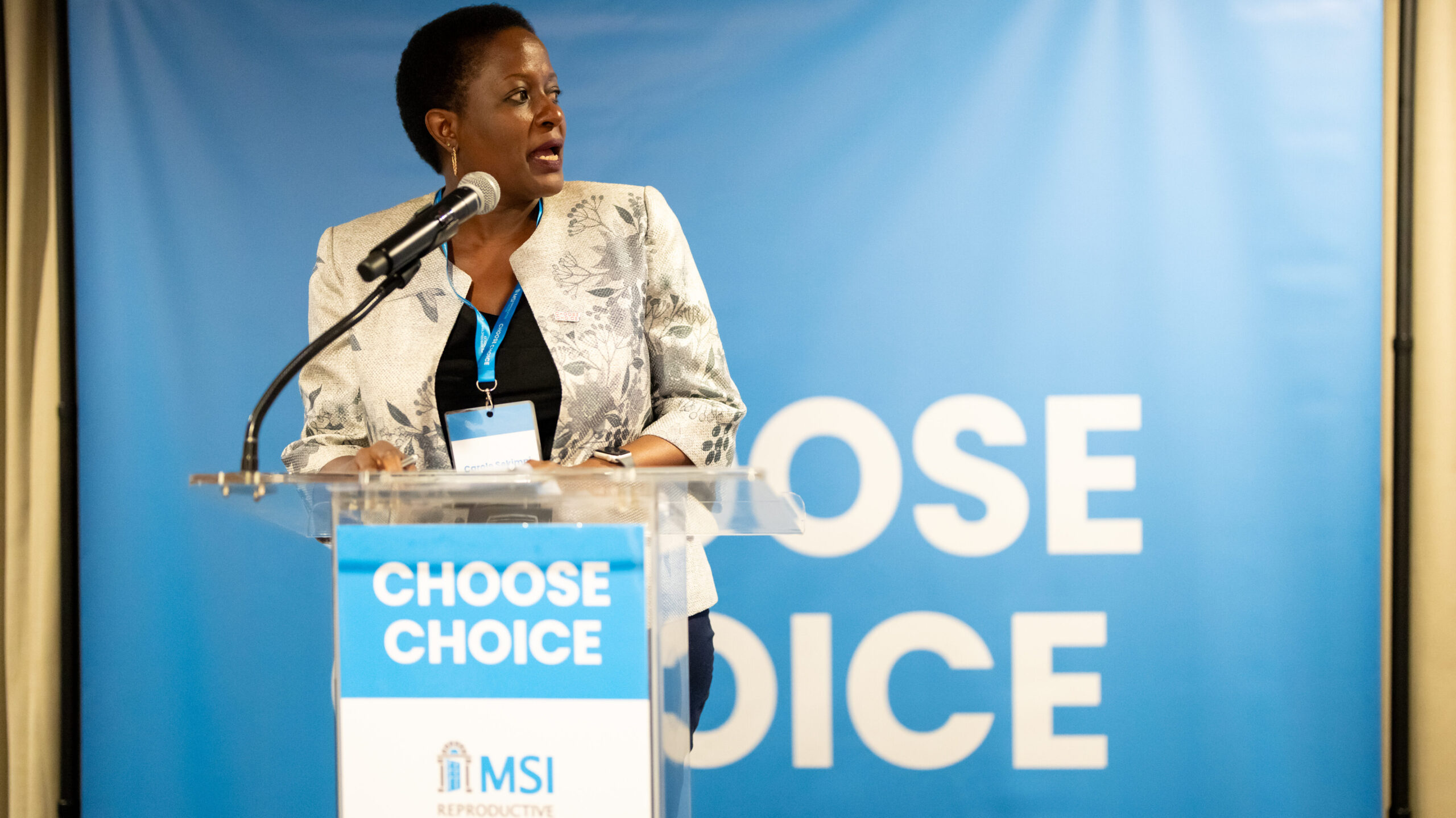
2 July 2025 | 5 min read
ImpactQuality
Global voices: Carole & Lalaina, two visionary women leading MSI Africa
We sat down with our MSI Africa Director and Deputy Director to learn more about their backgrounds, inspirations, and shared ...
Story

2 July 2025 | 5 min read
ContraceptionLeave no one behind
Global voices: A Pacific Islander’s mission to bring contraception to women who’ve never had it
Norefa is a nurse in an outreach team based in the Morobe province of Papua New Guinea, travelling to remote areas to ...
Story
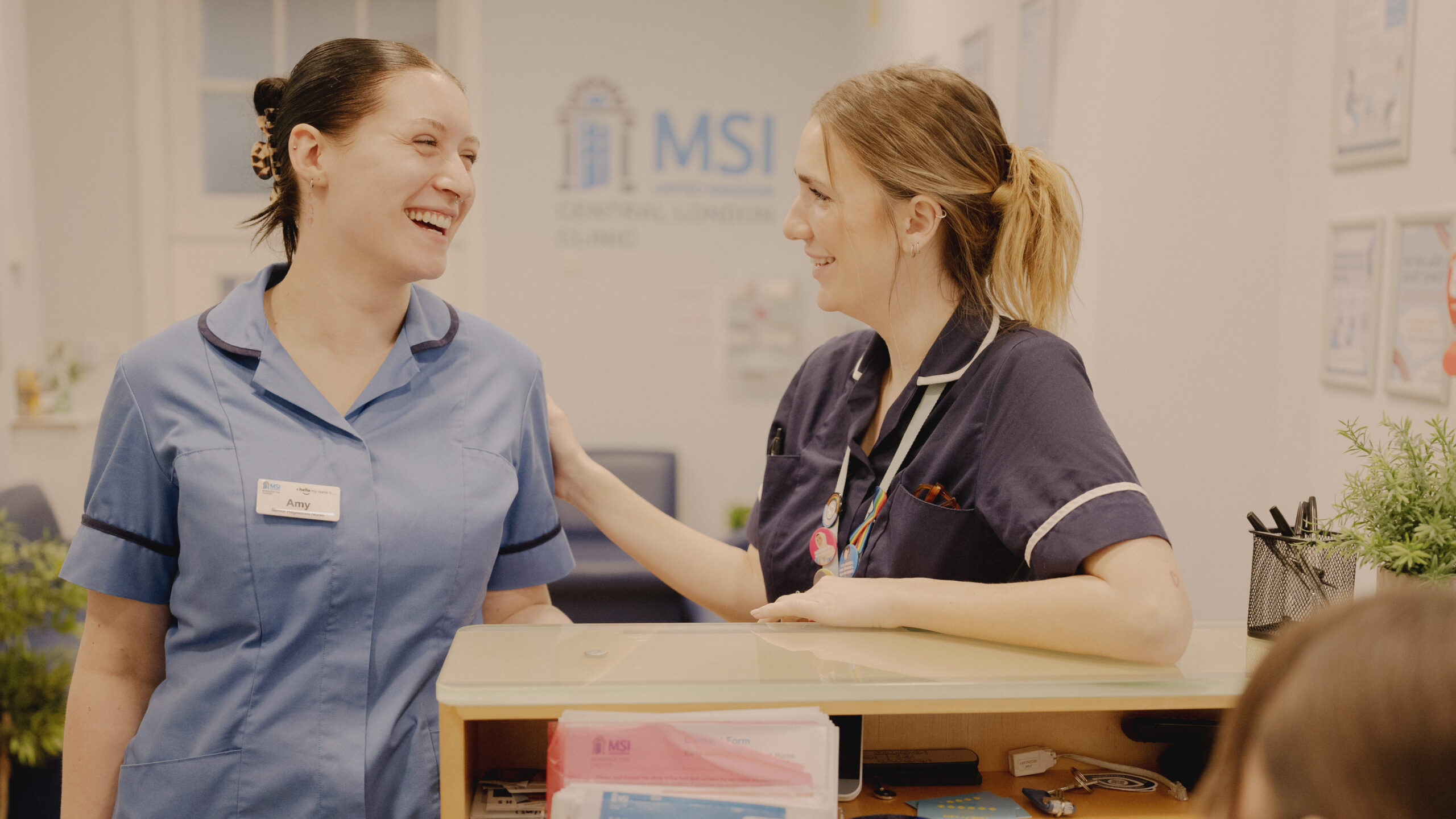
2 July 2025 | 7 min read
Abortion
Global voices: Two abortion providers in conversation
Two MSI abortion providers came together to discuss the joys and challenges of providing abortion and why they do it.
Story

2 July 2025 | 5 min read
Policy and advocacy
Global voices: Beth reacts to the second Trump presidency
Beth Schlachter is MSI’s Senior Director of US External Relations and has worked in the reproductive rights sector for 20 ...
Resource
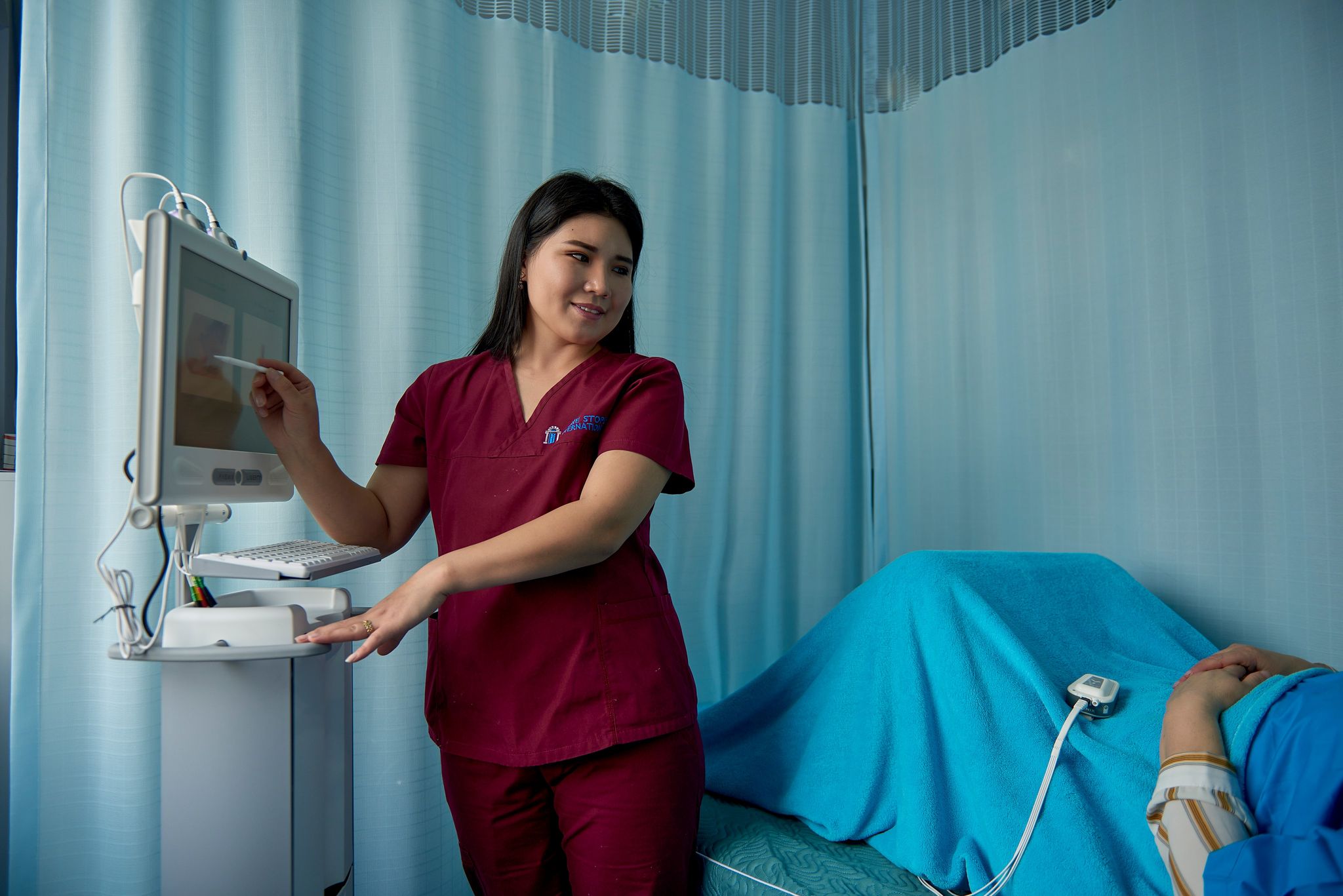
2 July 2025
Quality
MSI’s 2024 Clinical Quality Report
In our clinical quality report, we share the clinical governance processes we have in place, and how we’re delivering ...





